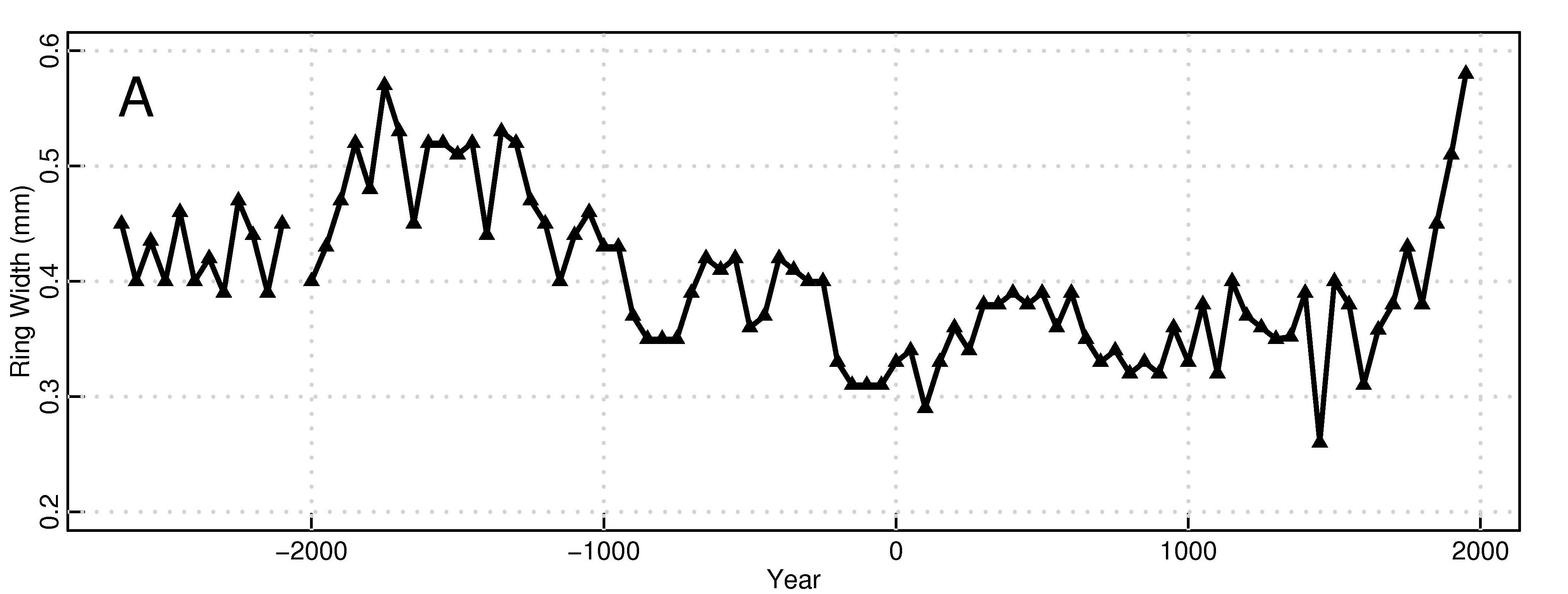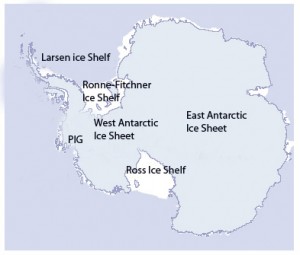The ‘Copenhagen Diagnosis‘, a report by 26 scientists from around the world was released today. The report is intended as an update to the IPCC 2007 Working Group 1 report. Like the IPCC report, everything in the Copenhagen Diagnosis is from the peer-reviewed literature, so there is nothing really new. But the report summarizes and highlights those studies, published since the (2006) close-off date for the IPCC report, that the authors deemed most relevant to the negotiations in Copenhagen (COP15) next month. This report was written for policy-makers, stakeholders, the media and the broader public, and has been sent to each and every one of the COP15 negotiating teams throughout the world.
Among the points summarized in the report are that:
The ice sheets are both losing mass (and hence contributing to sea level rise). This was not certain at the time of the IPCC report.
Arctic sea ice has declined faster than projected by IPCC.
Greenhouse gas concentrations have continued to track the upper bounds of IPCC projections.
Observed global temperature changes remain entirely in accord with IPCC projections, i.e. an anthropogenic warming trend of about 0.2 ºC per decade with superimposed short-term natural variability.
Sea level has risen more than 5 centimeters over the past 15 years, about 80% higher than IPCC projections from 2001.
Perhaps most importantly, the report articulates a much clearer picture of what has to happen if the world wants to keep future warming within the reasonable threshold (2°C) that the European Union and the G8 nations have already agreed to in principle.
The full report is available at www.copenhagendiagnosis.org. Three of us at RealClimate are co-authors so we can’t offer an independent review of the report here. We welcome discussion in the comments section though. But read the report first before commenting, please.


 It is popularly understood that glaciologists consider West Antarctica the biggest source of uncertainty in sea level projections. The base of the 3000-m thick West Antarctic Ice Sheet (WAIS) – unlike the much larger East Antarctic Ice Sheet – lies below sea level, and it has been recognized for a long time that this means it has the potential to change very rapidly. Most of the grounded West Antarctic ice sheet drains into the floating Ross and Ronne-Filchner ice shelves, but a significant fraction also drains into the much smaller Pine Island Glacier. Glaciologists are paying very close attention to Pine Island Glacier (“PIG” on map, right) and nearby Thwaites Glacier. In the following guest post, Mauri Pelto explains why.
It is popularly understood that glaciologists consider West Antarctica the biggest source of uncertainty in sea level projections. The base of the 3000-m thick West Antarctic Ice Sheet (WAIS) – unlike the much larger East Antarctic Ice Sheet – lies below sea level, and it has been recognized for a long time that this means it has the potential to change very rapidly. Most of the grounded West Antarctic ice sheet drains into the floating Ross and Ronne-Filchner ice shelves, but a significant fraction also drains into the much smaller Pine Island Glacier. Glaciologists are paying very close attention to Pine Island Glacier (“PIG” on map, right) and nearby Thwaites Glacier. In the following guest post, Mauri Pelto explains why.